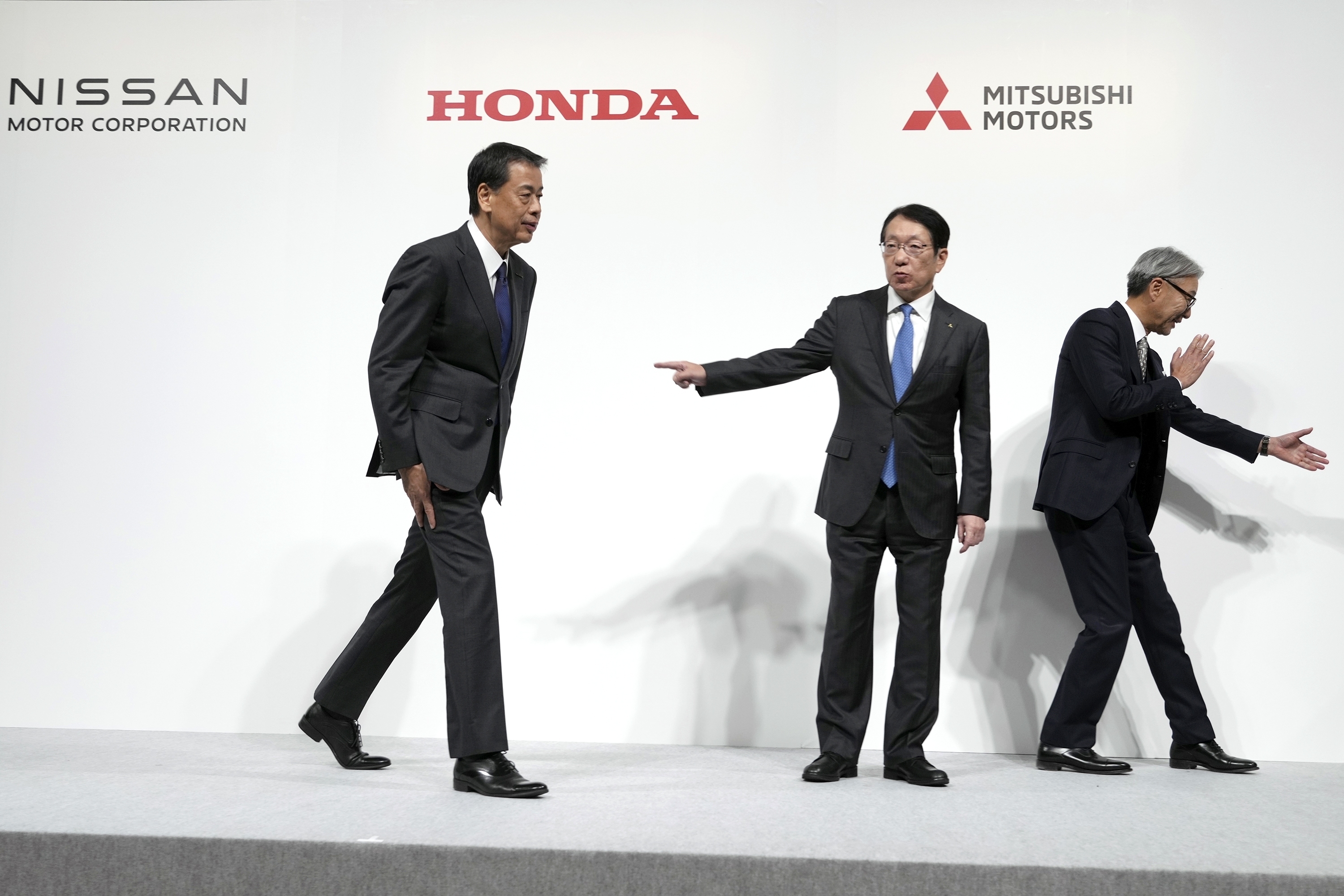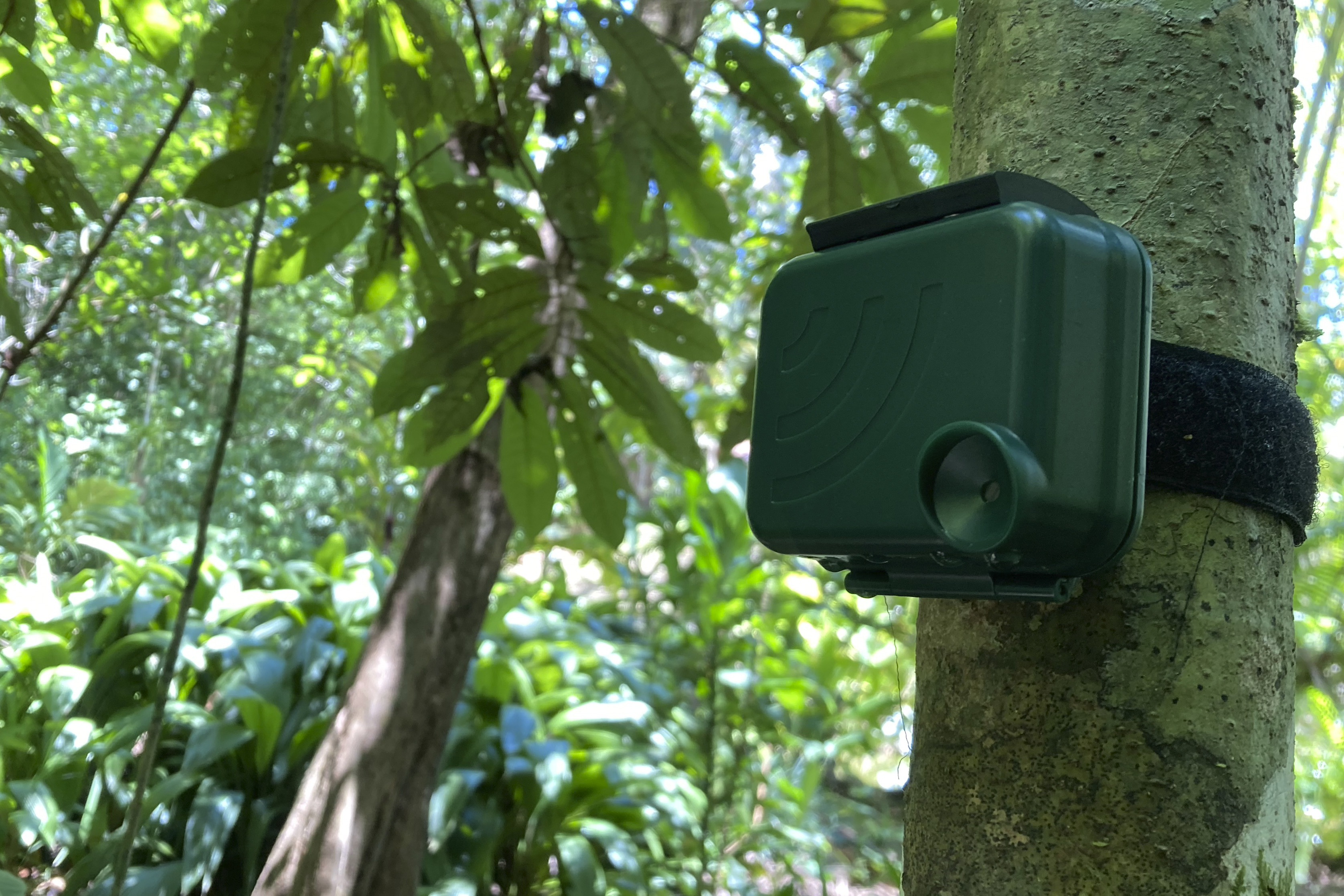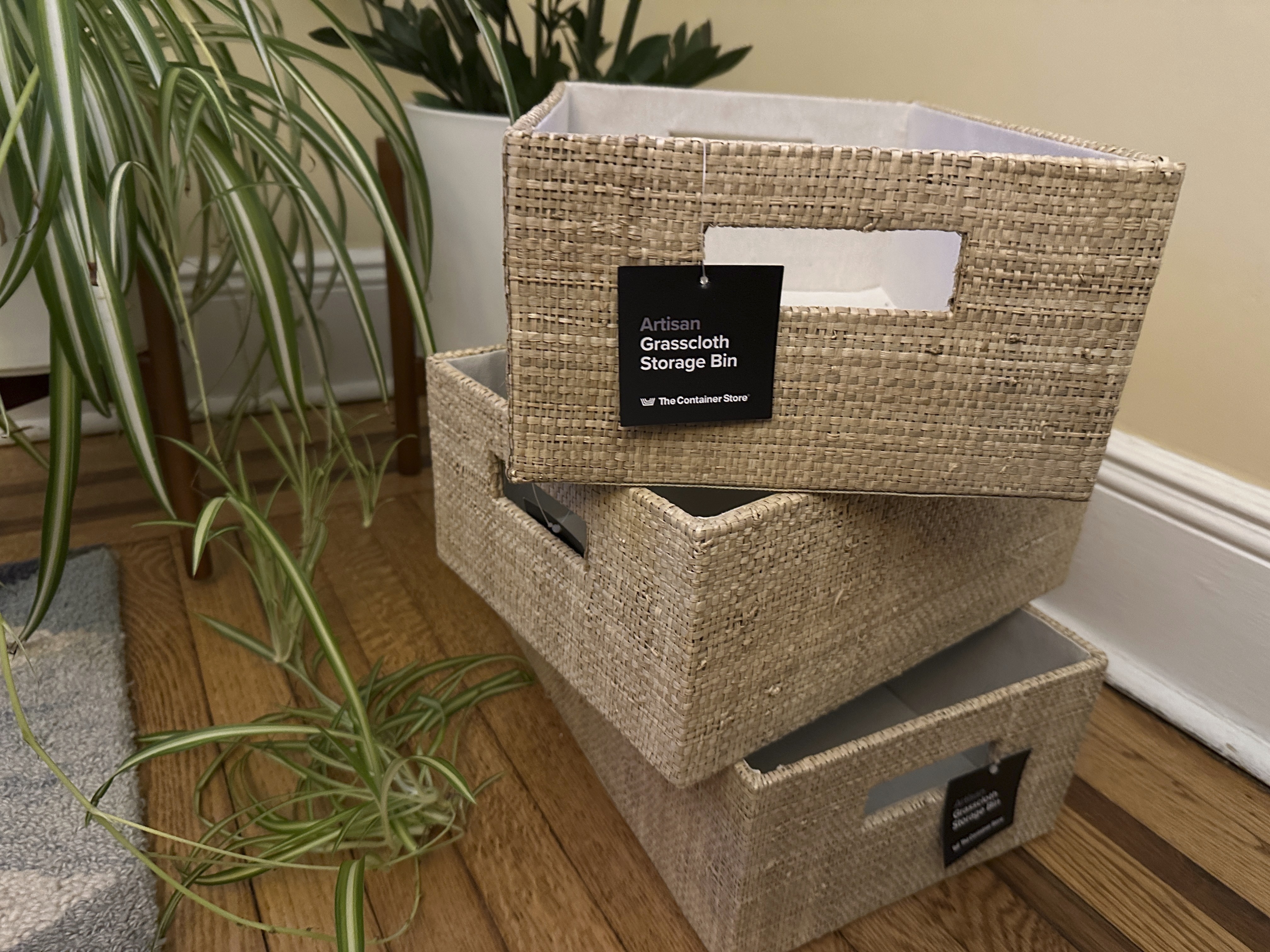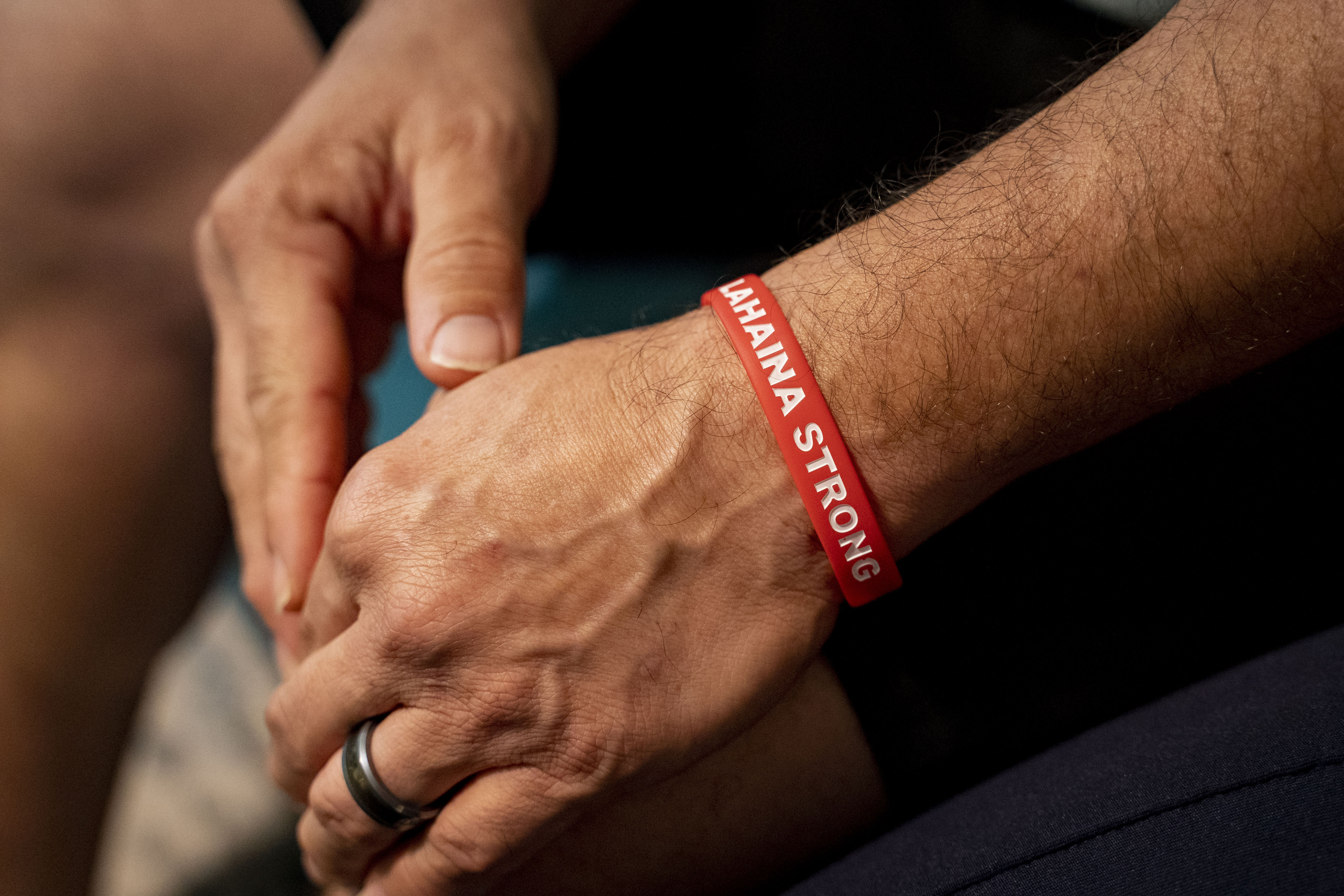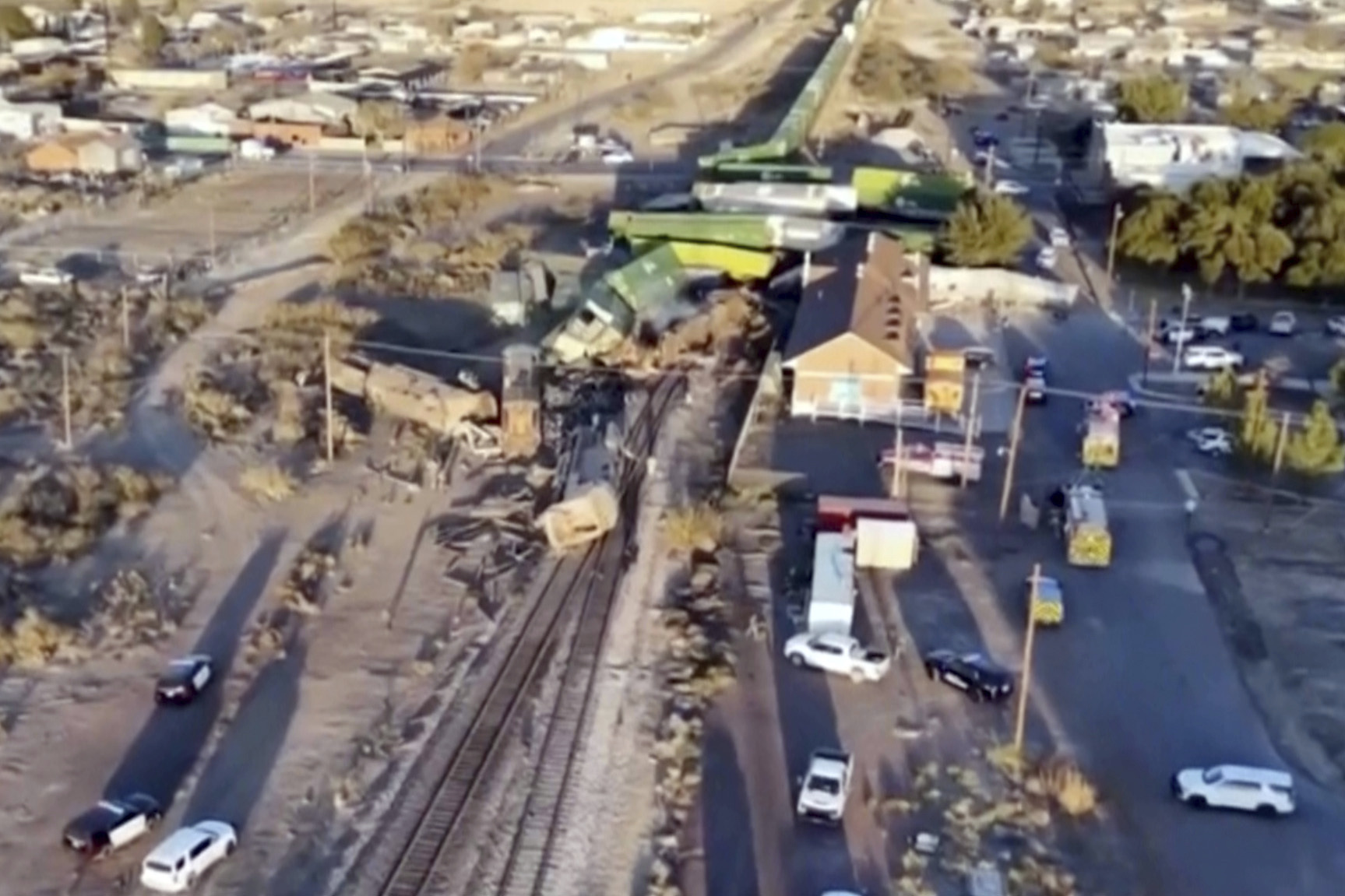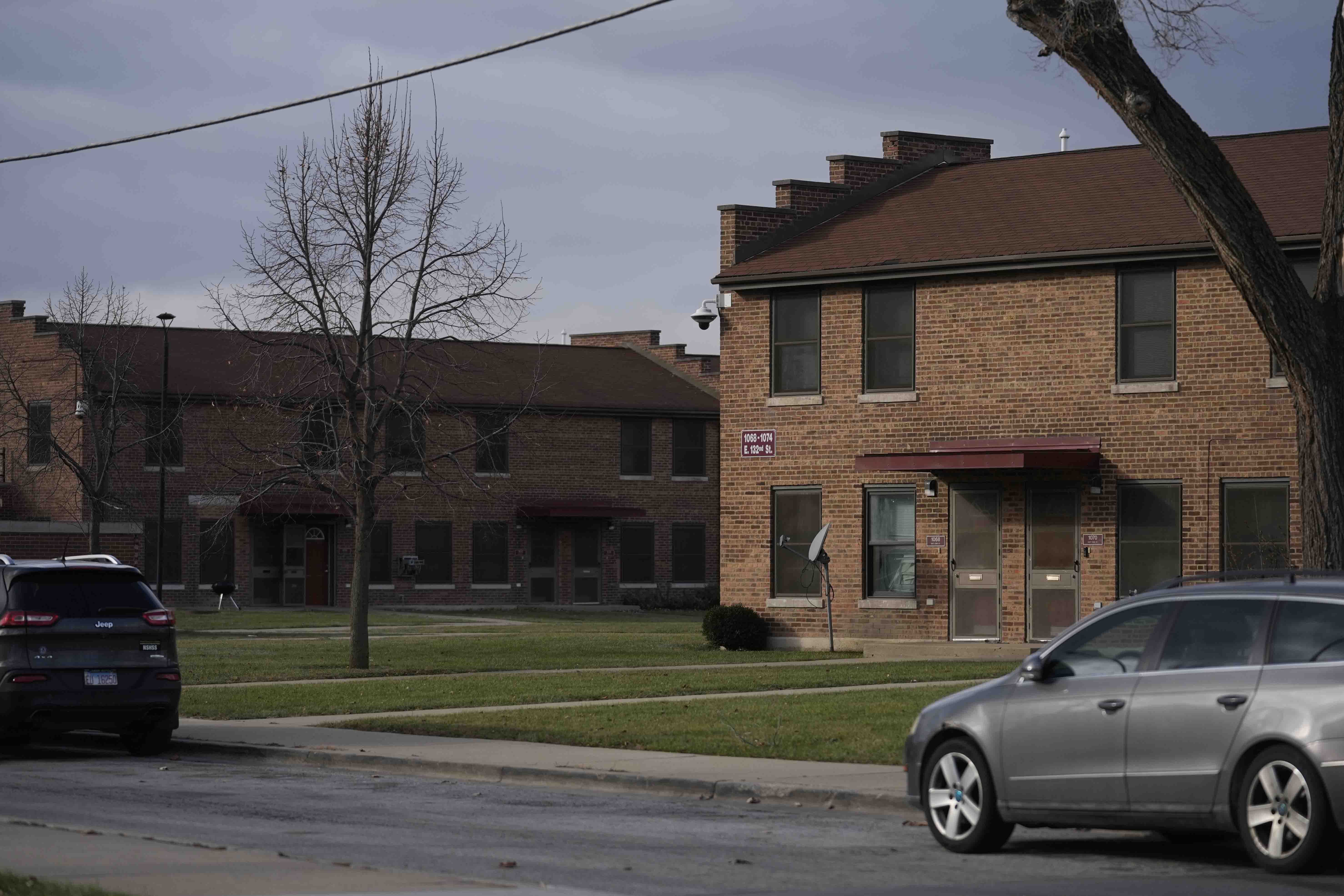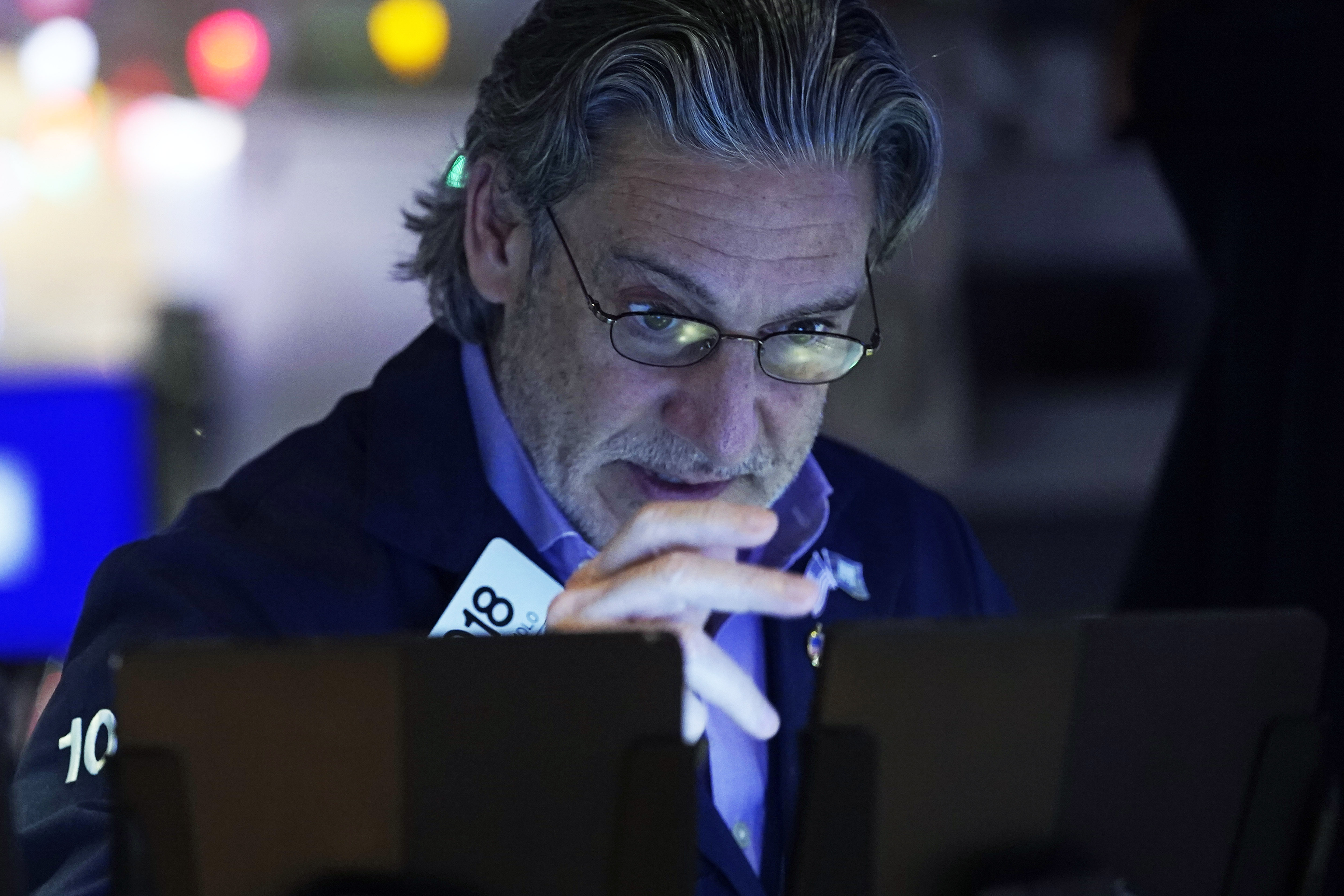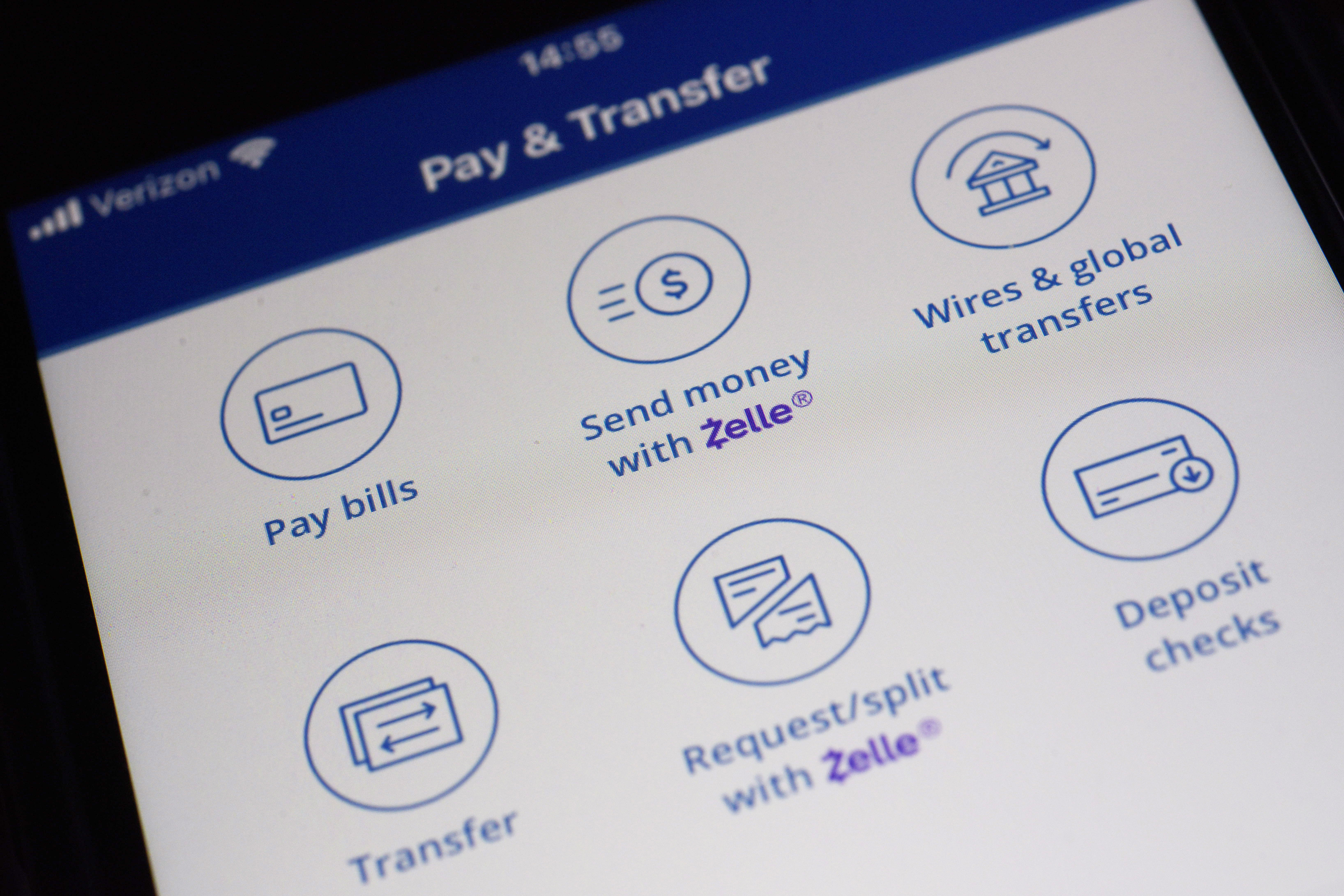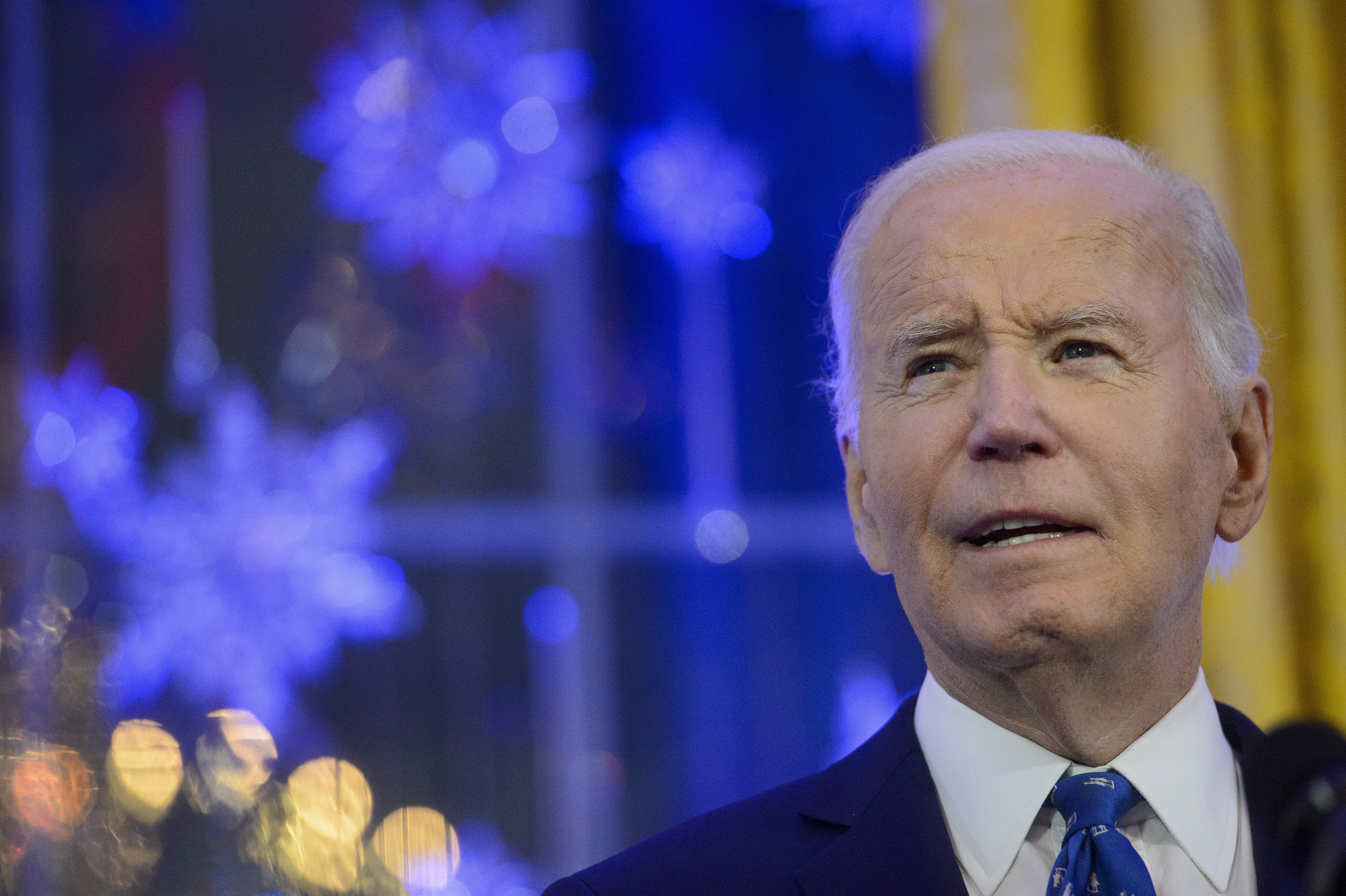BAY VILLAGE, Ohio (WJW) — In 1942 not long after Pearl Harbor, Edward Horvath lined up with hundreds of other young men to join the Army.
He felt it was his duty and his responsibility as an American to defend his country and be a part of something a lot bigger than himself.
Edward Horvath Senior passed along that sense of duty to his son.
“The Vietnam War was going on full blast. This was 1967, I think there were 500,000 men already there and one of my classmates from high school had already been killed there,” Ed Horvath Jr. said. “So I called my father who had been in the army and asked him what to do and he said you probably should get a commission in something.”
So the next day, Horvath Jr. walked into a Navy recruitment office, told them he was a med student and wanted to serve. He was commissioned as an ensign and was in the Navy through med school and residency.
But by the time he was called to active duty, the U.S. involvement in Vietnam ended.
“I got my orders to report to the navy environment health center in of all places Cincinnati, Ohio, so that was my two years in the active Navy. It was very productive, it was an outstanding position,” Horvath Jr. said.
He did his time and left the Navy.
He and his wife of 52 years raised three children, and he worked as medical director for BP and later General Electric. He also worked with veterans at the VA.
His time in the military was behind him.
And then 9/11 happened.
“My boys finished college, I mean high school, and both went into the military and they asked me what are we supposed to do now – meaning we’re at war – and I told them their grandfathers had served, I served, I didn’t go to a war but I served honorably nonetheless. It’s your turn now. You don’t have to do this, you’re doctors’ kids, you’re children of privilege, I expect you to defend your country,” Horvath Jr. said.
Both boys joined the Navy and are still serving.
But a thought crossed his mind a week after he had that conversation with his sons.
“I was sitting in my office thinking they need doctors, I missed my war and I’m going back in,” he said.
The then 57-year-old doctor called the Navy, and they turned him down.
But Horvath Jr. persisted, and a few weeks later he earned a commission in the Army Medical Corps.
He was deployed three times.
The first was mostly stateside, and for his second deployment in 2008 he was sent to a front line hospital.
“I was sent to the 325th combat hospital at Camp Spiker which was right in the last part of where Al-Qaeda was fighting during the last part of the surge. There was fighting going on literally a mile or two from us.” he said. “He had a lot of mass casualty events, we had far more people coming in than we had people to care for them and we had to do triage. It was there that I dealt with people bleeding out, traumatic injuries, amputations, head injuries, things you don’t see in civilian practice. I had to learn, it was steep learning curve and I had to learn quickly but I did.”
By his third deployment, Horvath Jr. was in charge of all U.S. military medical facilities in northern Iraq, but still did his time in the operating room treating soldiers and Iraqi civilians.
By the time he left Iraq for the final time he had seen enough of war, but hoped that he had made a difference.
“When you get to a certain age, you wonder what your purpose in life, what was your mission, did you do what was expected of you, and I can say that I did,” he said.
Ed Horvath Jr. will be inducted into the Ohio Veterans Hall of Fame in November, but not for wearing two different uniforms. Instead, for what he’s done as a civilian.
He wrote a book about his experiences as an Army doctor and has helped endow a scholarship at Ohio State for ROTC candidates who pursue a career in medicine.
But he’s most proud of the work he’s done over the years mentoring young men; helping them make the right decisions in their lives.
Horvath Jr. says his father’s commitment to service and helping his community is what shaped his life.
He hopes his experience in uniform and out in his own community will do the same for others.
“One of the things I do with young men that I mentor is tell them you have a mission in life, I can’t tell you what it is, you have to find it for yourself. You’re not going to find it playing video games at home, you have to engage the world and you’ll find what you’re supposed to do,” he said.
If you would like to know more about Dr. Horvath and his time in Iraq, he’s written a book about his experiences as a combat surgeon. You can find out more information here.
.


